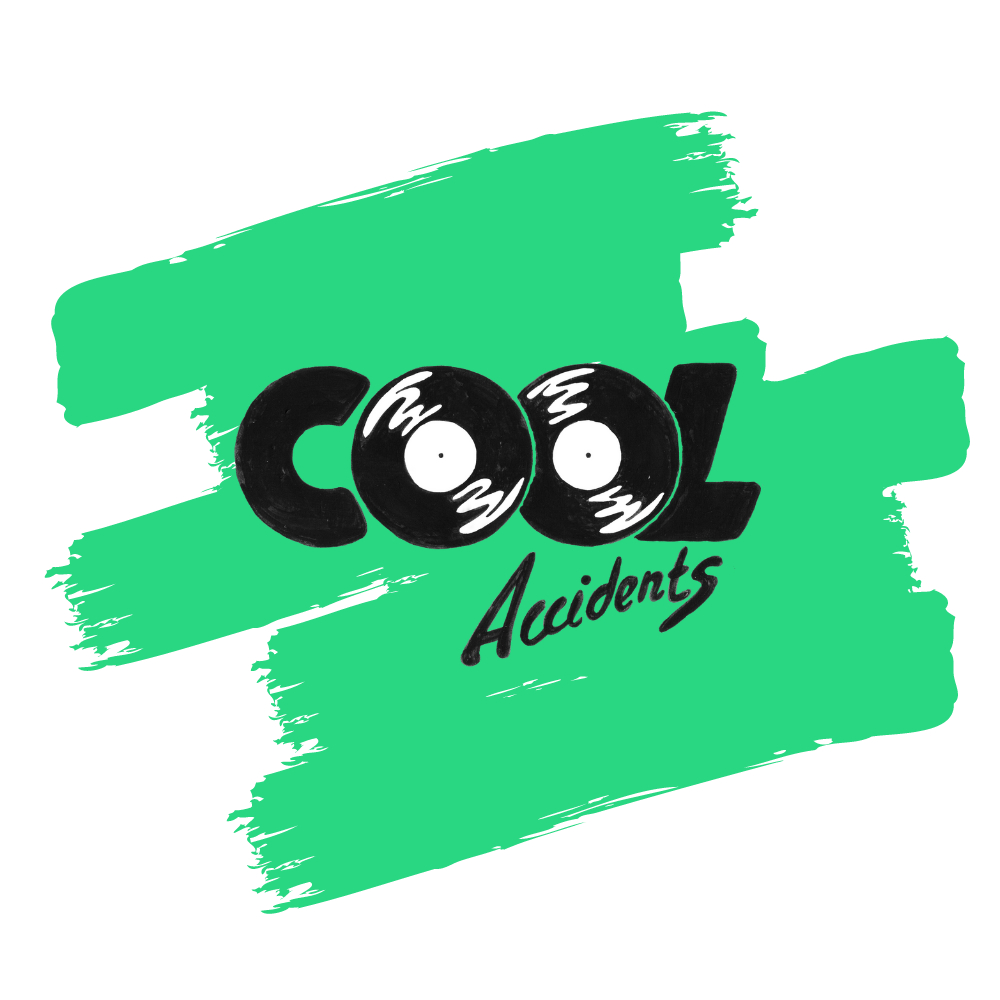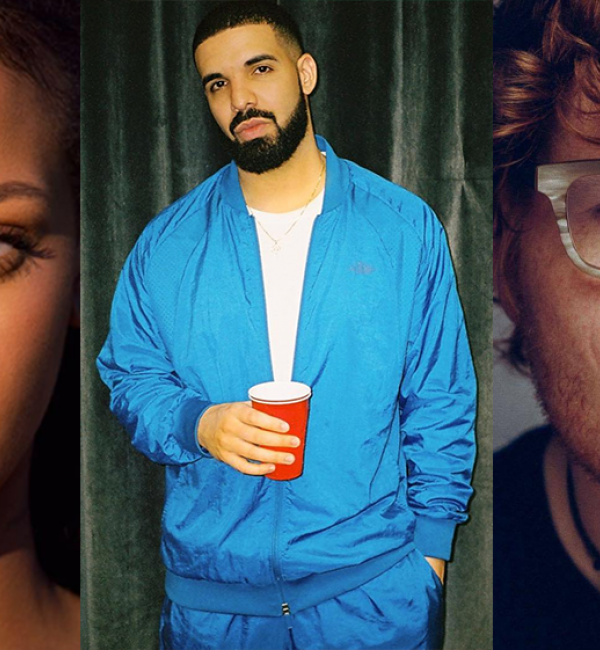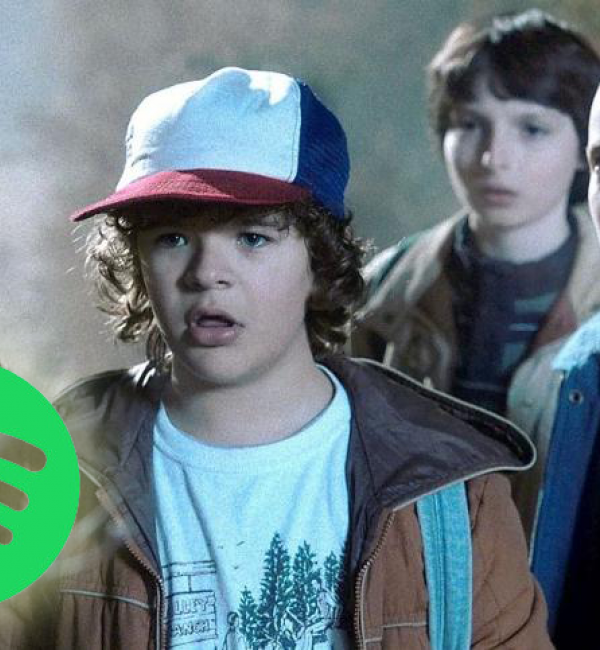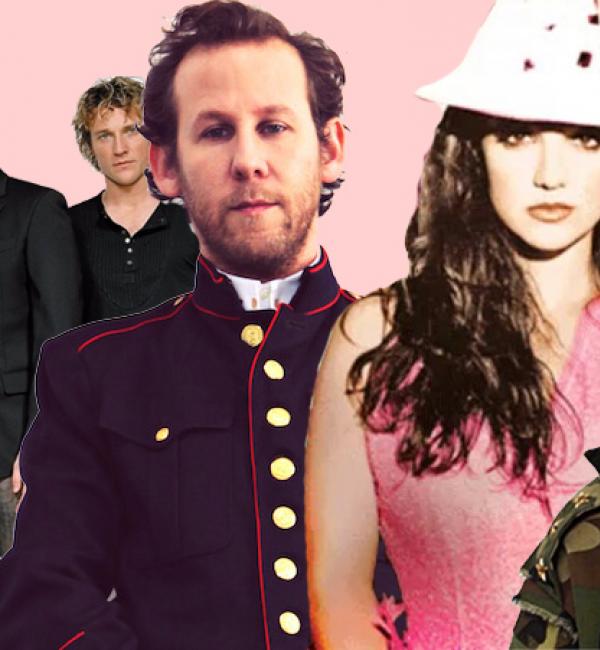Well one thing that is true, like any great film Spotify has got everyone talking. Will it be a timeless classic or just a movie of the moment? This is not a niche launch in terms of the critics, Spotify is fashionable to have an opinion on and those opinions are diverse and certainly interesting and ongoing!
The dynamic and well informed opinions are a great script for how complex the music industry can be and also how passionate the people who are part of the industry are anout creativity and great music and how we can continue to make this possible.
There have been sequels already and the debate and discussion continues as Spotify launches in new territories and artists leave the theatre or arrival, in terms PR spikes and social media conversations Spotify is never less than four stars.
When Thom Yorke’s Atoms for Peace removed their albums from Spotify, the debate spiked again, particularly raging over the value of streaming music services for musicians and the music industry. Not a new debate, but such an emotional debate it will continue, in my opinion, until artists (individually) can see that streaming works for them.
The greatest aspect of debates are that you may learn (should learn something) new from your opponents. In respect of this we have brought together some of the powerful, emotional opinions with the links to the original blogs/posts…yeah baby!
Join the debate…..
Sasha Frere-Jones, New Yorker:
If you care about music, should you ditch Spotify?
Streaming suits catalogue but cannot work as a way of supporting new artists. Spotify have to address that fact and change the model for new releases. Spotify say they have generated $500 million for “license holders.” The way that Spotify works is that the money is divided up by percentage of total streams. Big labels have massive back catalogues, so their forty-year-old record by a dead artist earns them the same slice of the pie as a brand new-track by a new artist.
Damon Krukowski, Pitchfork:
Free Music and Making Cents
One way we could start is to collectively acknowledge that nobody can really claim digital streams as exclusive property. So let them flow freely – from everyone, fans included – instead of only from companies that have cut deals with the copyright holders. Services like Spotify might continue to operate as they are, with their pittance of revenue sharing, but they would have to compete in an open market of free streaming by musicians and fans.
Zoe Keating, Cellist:
Keating‘s digital royalties and What I want from internet radio
The income of a non-mainstream artist like me is a patchwork quilt and streaming is currently one tiny square in that quilt. Streaming is not yet a replacement for digital sales, and to conflate the two is a mistake. I do not see streaming as a threat to my income, just like I’ve never regarded file-sharing as a threat but as a convenient way to hear music. If people really like my music, I still believe they’ll support it somewhere, somehow. Casual listeners won’t, but they never did anyway.
David Touve, personal blog post:
Spotify versus iTunes, when are streams-over-time worth as much as a sale today?
Musician Sam Duckworth recently explained how 4,685 Spotify plays of his last solo album earned him £19.22, but the question is just as much about how much streams of the album might earn him over the next 10, 20, 30 years. Economist David Touve has been attempting to answer this.
Imagine that the world is comprised of only two possible fans, and you get to pick only one of them: One of those fans will buy a download today. The other fan will enjoy your music through a streaming service for years to come. You would be paid $0.70 — today— from the fan who buys the download today. From the other fan, you would receive payments-per-stream at the end of each year — over time — over the life of your copyright (95 years).
Mark Mulligan, Music Industry Blog:
How Much Streaming is Really Worth to Artists: a Consumption Analysis
The net result is, working on a pure like-for-like basis, the per-play value of a download to an artist is $0.033 compared to $0.005 for streaming. Downloads are thus 5 times more valuable to artists than streams. Of course this is still a disparity but it is much, much less than the 150 to 200 times value that has become common currency.
David Macias, runs US firm Thirty Tigers, which distributes albums for independent artists:
Making Dollars: Clearing Up Spotify Payment Confusion
The music business is a harder slog than it used to be. Media is fragmented into a million pieces and it’s very hard to achieve the ubiquity that acts used to be able to achieve, and thus sell what they used to sell. Piracy is still rampant. But there are acts that are doing very well, because they are paying attention to where the money goes, and not bellyaching, sans facts, about the music business. If Spotify is so bad for the music business, why are revenues for the recorded music business in Sweden up 30% (first half of the 2011 vs. the same time period in 2012?
Mike King, Hypebot interviewing Wallach, Spotify’s official “artist-in-residence”:
Spotify’s D.A. Wallach Explains How Spotify Pays Artists
People need to transition from unit-based thinking to consumption-based thinking in terms of royalties. We feel the metric of success should be based on how many people are listening to your music over a period of years, as opposed to looking at how many units are shipping in one week. What we are trying to create is a system in which you earn royalties forever for good music, and the time horizon is simply different than what folks are familiar with now.
Will Page, Spotify:
Adventures in the Netherlands
The last published study on the relationship between Spotify and piracy was in 2011, stating that piracy in Sweden had fallen by 25%. Looking beyond Sweden and to bring the debate up to date, in this report we focus on Spotify’s recent success in the Netherlands. The number of people engaging in music piracy in the Netherlands fallen in recent times, and infrequent activity for most of those who remain.
The Trichordist: Artists For An Ethical and Sustainable Internet:
Why Spotify is NOT the Enemy of Artists, and Who Is…
As much as we disagree with Spotify over their rates and PR spin on several issues, we also recognize that they are legal, licensed and pay out royalties as they have been negotiated. Artists are able to opt out of Spotify individually (and also if their label permits). It is for these reasons that Spotify are NOT the enemy.
Andy Malt, CMU:
I’m all for discussing streaming, but please stop shouting
To be frank, any new self-releasing artist who thinks Spotify alone will provide them with a living is a fool. Or is being advised by a fool. Indeed, any musician who thinks that sound recording revenue alone will provide a viable income stream is living in a dreamland. And that’s not a particularly new phenomenon – even in the height of the CD boom, record sales income was only one of a number of revenue streams for artists, and in the early years of their career it wouldn’t be a key income either. Crucially, they also need to start developing premium products and services for core fanbase – fans who have always been willing to buy more than a gig ticket every year and a record every other, but who were often left under-supplied by the old music business. Which is why, for artists, the real revolution caused by the web isn’t the emerging streaming market, but the boom in direct to fan and pre-order sites.





